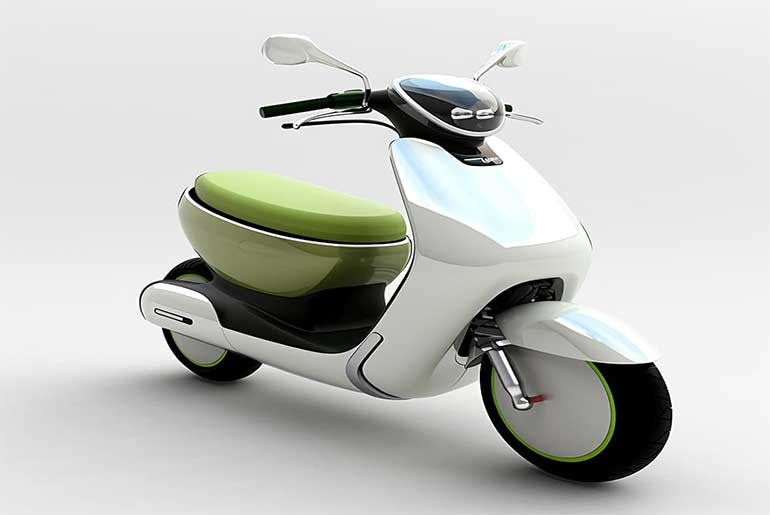BikeWo GreenTech Ltd. has signed a strategic Memorandum of Understanding (MoU) with Commerce Forever to launch and scale electric vehicle-based delivery operations across Delhi NCR, Uttar Pradesh, Haryana, and surrounding regions. This is a significant step towards reshaping last-mile logistics with sustainable innovation.
BikeWo has agreed to lease 1,500 to 2,500 electric two-wheelers to delivery partners that work in Commerce Forever’s business-to-business (B2B) e-commerce supply chain. The partnership seeks to empower rural delivery partners, lower logistical costs, and decrease 547 tonnes of CO₂ emissions. This programme seeks to develop a tech-driven B2B logistics network, lower carbon emissions, lower logistics costs, and develop skill sets among young people in rural areas.
A regional skill development facility will be established as part of the agreed Memorandum of Understanding to teach delivery partners in rural areas on EV operations, safety protocols, and tech-enabled logistics systems. Additionally, the two businesses will work together to invest in technological platforms that will speed up rider onboarding, improve fleet management, and optimise routes.
“This partnership is not limited to vehicle leasing for us, but we believe it’s a holistic, technology-led approach to green commerce. We’re merging clean mobility, digital logistics, and rural skilling into one impactful model. And also for job creation and skill development perspective, the regional training centres will focus on delivery partners training focused on rural areas; that is a significant step in job creation,” said Mr Manideep Katepalli, Managing Director of BikeWo Green Tech Limited
“We’re excited about this partnership. It fulfils our ambition to redefine last-mile delivery as cleaner, smarter, and more inclusive, and it aligns with India’s decarbonisation goals. We aim to build future-ready logistics while also empowering communities.” Sanjay Kumar Gupta (Partner), Commerce Forever
India’s last-mile delivery market is expected to reach $6–7 billion by 2027, fuelled by the e-commerce boom and rising demand for faster, greener deliveries. With EV adoption rising, partnerships like this are essential to solving the dual challenge of logistics efficiency and environmental impact.

